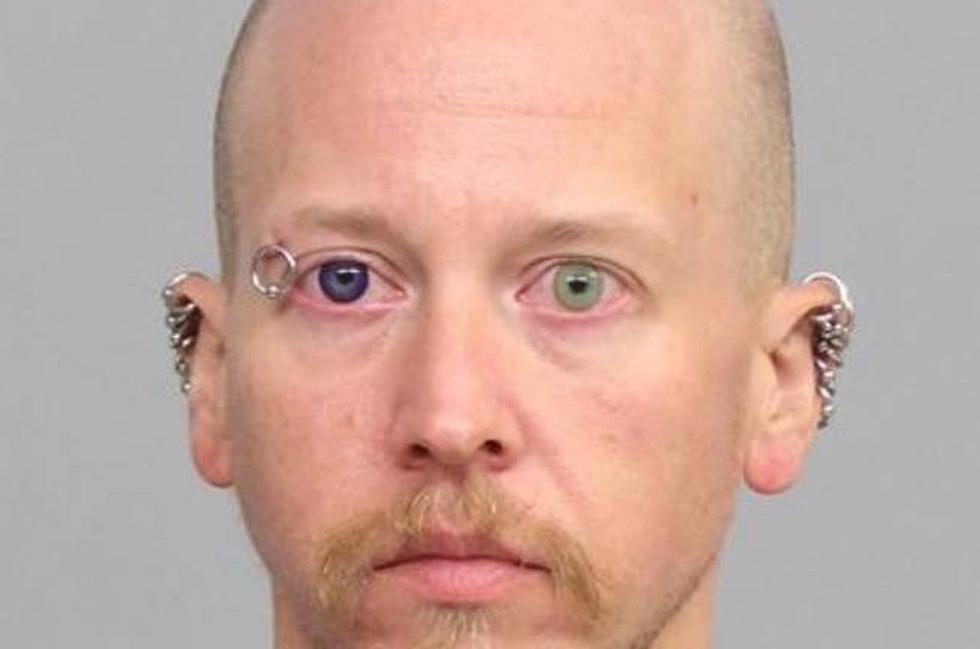
Natrona County Prosecutor Pokes Holes In Cercy’s Jury Requests
Casper businessman Tony Cercy, who is charged with three counts of sexual assault, wants a very large jury pool and wants to have each juror interviewed separately before the Feb. 12 trial begins, according to court records filed by Cercy's attorneys last month.
The attorneys want a jury pool of at least 150 jurors because of the nature of the charges and the pretrial media coverage, according to attorneys Pamela Mackey and Ian Sandefer.
However, Natrona County District Attorney Mike Blonigen responded that 75 potential jurors would be sufficient, and separate juror interviews are unnecessary and violate standard criminal trial practice.
Cercy is charged with one count of first-degree sexual assault (rape), one count of second-degree sexual assault (intrusion), and one count of sexual contact "without inflicting sexual intrusion and without causing serious bodily injury." If convicted on all counts, he faces between seven and 85 years of imprisonment.
Media coverage for the trial has been substantial, Mackey and Sandefer wrote. "The allegations have been reported in the print media, covered by television and radio stations, and are spread across the internet. Finding jurors who have not been exposed to and affected by this media coverage will be difficult."
Likewise, finding jurors who have not had direct or indirect exposure to sexual assault may prejudice their ability to render a verdict, they wrote. The awareness of sexual assault has been enhanced with the rise of the #MeToo movement nationally, and local groups that raise awareness of the problem.
Besides the large jury pool, Cercy's attorneys want the ability to interview them individually to identify biases about sexual assault or the Cercy case itself.
During jury selection, attorneys call those in the jury pool in a courtroom to come forward, sit in the jury box and be openly interviewed.
But this usual public method could be damaging for a jury for this trial, Mackey and Sandefer wrote.
"Individual voir dire on these issues is necessary to prevent one juror's responses from contaminating the rest of the jury pool," they wrote. "If, for example, a juror has formed an opinion about the allegations at issue in this case based on pretrial publicity and then recounts his or her opinion in front of the jurors, it may impact the ability of the remaining jurors to be fair and impartial."
District Attorney Mike Blonigen responded that Cercy's concerns about having individual voir dire are groundless about overwhelming pretrial publicity that could affect his right to a fair trial. "Defendant's claims about publicity are not supported in the record. The Defendant in the recent past has actively sought publicity."
Besides running afoul of the Wyoming Rule of Criminal Procedure that jury selection is conducted on a group basis, individual interviews are simply impractical, Blonigen said.
If each of the 150 jurors is interviewed individually for between 10 and 15 minutes, that would eat three to four days of the scheduled six-day trial.
Blonigen added the courtroom isn't big enough to seat 150 potential jurors. The court normally summons about 42 jurors, and 75 would be sufficient for this trial.
Media coverage is besides the point, too, he said. "The question (for jurors) is whether they can set any other opinion and evidence aside and decide the case based on the evidence and the law presented in the courtroom."
Likewise, the issue about recent stories about sexual harassment and abuse are not grounds for not allowing a juror, Blonigen wrote.
"The Defendant is entitled to a fair jury, not one that is sympathetic towards him. A defendant is also not entitled to a juror that is ignorant of current events," he wrote.
More From K2 Radio








